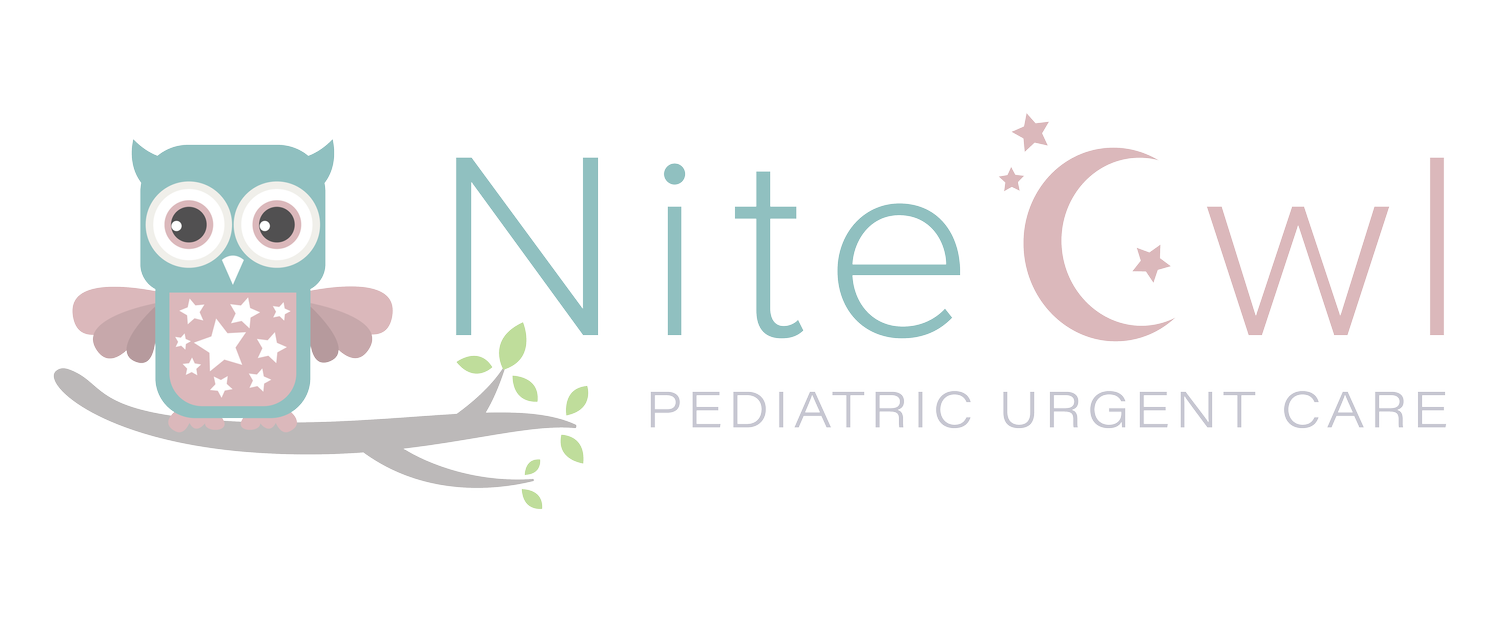Infants & Sleep go together like… ice cream and tuna fish
Let’s talk about SLEEP. Something you may not get much of if you’ve had a baby recently. But, why? Why does my baby not sleep all night? Why was she sleeping all night, and now she isn’t? Why does he wake up every 3 hours still? Is this normal? Is there something wrong with my baby? My friend said her son slept through the night at 6 weeks old? ………………
How many times have you heard these questions or asked them yourself? Why is there some premonition that babies SHOULD sleep??? Why is the first question people ask you after you’ve had a baby, “is the baby sleeping? Are y’all getting rest?” No, Karen, babies aren’t supposed to sleep all night, they just basically slept for 9 straight months!
But, you get a routine going. A nighttime schedule. You figure out how to navigate life and new motherhood on 4-6 hours of interrupted sleep per night. And, just when you think you've got a handle on getting your little one to sleep through the night, BAM, you feel like you’re back in the newborn weeks! — waking up frequently or refusing to sleep at all.
Sleep regressions are common, especially during a baby’s first year, and can leave both you and your child sleepy and frustrated. Every baby is different, but the most common ages for sleep regressions are: 4 months, 6 months, 9 months, 12 months, 18 months, and 2 years old. Sleep regressions can last anywhere from 1 week to 6 weeks, depending on the child.
What also happens at each of these times in the baby’s life? NEW DEVELOPMENTS! At 4 months old, they’re learning how to roll over. At 6 months old, they’re learning how to sit unassisted. At 9 months old, they’re learning how to crawl. At 12 months old, they’re learning how to walk. At 18-24 months old, they’re developing language skills. At each of these steps, they are also showing teething signs and cutting new teeth (we’ll dive into teething on another day!).
“Sleep regressions” occur because your baby’s brain is DEVELOPING, just like it is supposed to! These changes make your baby restless at night, leading to more frequent wake ups. Compare it to when you have a lot on your mind - do you sleep good when you are anxious? NO! During these times, your infant is also releasing more growth hormone than normal (Hello Growth Spurt!). Growth hormone is known to interfere with sleep cycles.
So, is there anything you can do to facilitate sleep through the regressions? YES.
You can help your child start to develop a “circadian rhythm” at 4 months old! This starts with SLEEP HYGIENE. Sleep hygiene is creating a good routine and staying consistent in that routine. Be consistent with bedtimes as much as possible. Nightly routines at my house go like this: dinner, bath/brush teeth (or gums), lotion and put PJs on, read a story or quiet play with sister, turn sound machine on while getting in the sleep sack (more on safe sleep later too!), tell daddy & sister goodnight, then a few minutes of rocking and prayer time (with pacifier).
This leads into the next, very important part of sleep hygiene - the sleep environment. The child’s sleep environment should be: a cool temperature, a dark and quiet space (dim nightlights are okay!), white noise machine on low to medium volume, and completely SCREEN FREE! **No TVs, cartoons, games, loud play, or screen time of any kind SIXTY TO NINETY MINUTES BEFORE BEDTIME** This should apply to all age children.
Good sleep hygiene helps sleep regressions and other sleep disturbances. It actually helps FOR LIFE. Even as adults, we should all have these routines.
Some habits can make sleep/sleep regressions worse. These include: changing where your baby sleeps, frequent interruptions or inconsistencies with bed time, or changing the usual routine. This means, if your baby is used to sleeping in his or her crib - do not bring baby to sleep with you just because they are waking up more frequently. It may seem like the easiest option, but you are setting your baby’s sleep hygiene back tenfold.
In addition, for babies over 4 months old, you should allow them a short period of time to fall back asleep on their own. This is called self soothing. Start slow, with 1 minute and work up to 5 minutes. Grunting, squirming, whining are all normal. Attend to your baby’s needs when they enter the full crying mode. I, personally, love the Moms On Call blog and schedule, and that has helped us tremendously! (For anyone that does not know - I have a 7 month old, so a lot of these are tried and true here lately!). Also, I, personally, do not like the CIO method, but self-soothing is a great tool for baby to develop and you can teach them how to do that with crying it out!
Lastly, here are some general guidelines for how many hours per day your child should sleep in the first 2 years of life. This includes daytime naps.
Newborns should sleep 16 hours per day
1-3 month olds should sleep 15 hours per day
6-12 month olds should sleep 14 hours per day
2-year-olds should sleep 13 hours per day
Sources: www.childrens.com; www.aap.org
